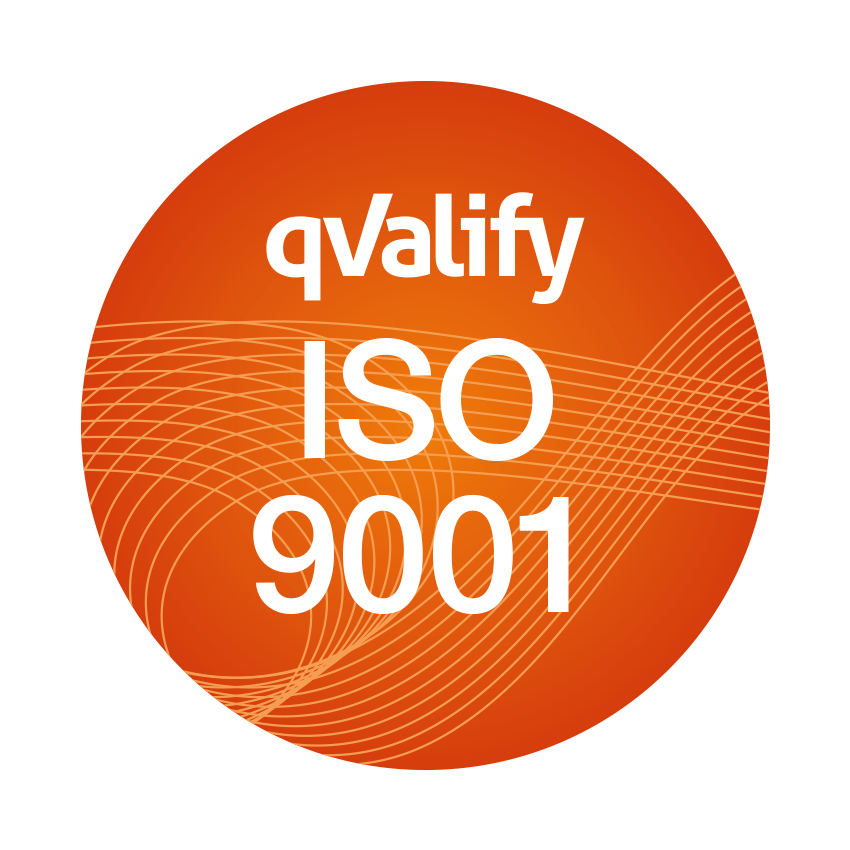GIS Career Skills You Should Be Building
You can go to school and learn the highly technical field of GIS, which is important — but that’s not all you need to grow professionally. As you gain on-the-job experience, also look for opportunities to sharpen these skills, both hard and soft.
Software Skills
Because there’s a wide range of software tools used in the GIS field, it’s important to have a working knowledge of how to use these tools. It’s also not just enough to know the software you’re currently using. Take time to broaden your horizons and learn the basics of other tools that are commonly used and those that are making news as innovative or disruptive.
- Map creation software including ESRI ArcGIS, the CDA International Manifold System
- Web platform development software; think: JavaScript and Autodesk MapGuide
- Business intelligence and data analysis software like Tableau
- Video creation and editing software like Adobe AfterEffects
- Computer-aided design (CAD) software, AutoDesk AutoCAD is a top name
- Database management system software such as Microsoft SQL Server

Technical Skills
Although mapping tech has become quite sophisticated in the past, GIS professionals must also understand and build the technical skills needed to effectively use this software.
- Remote sensing: Methods and tools to gather information from satellite imagery, smartphones, other mobile devices, and even social media.
- Photogrammetry: Knowing how to capture and analyze airborne and satellite images and assess the spatial information to generate maps that complement GIS data and layered together.
- Structured Query Language (SQL): This domain-specific programming language has become a high-demand skill — it’s used to maintain relational databases in the GIS industry.
- Python: This programming language is general purpose, and often used to manage relational databases and build graphical UI.
Skills For Developers
In addition to the skills above, GIS software developers face the additional challenge of creating tools that are used industry-wide and must be dependable and innovative. This requires a deep understanding of both the worlds of development and GIS:
- Creating programs using the APIs for major GIS platforms
- Building mobile or web-based GIS applications
- Participating in an agile development process
- Testing and debugging programs
- Maintaining and updating software over its life cycle
- Providing support and troubleshooting
- Drafting and updating documentation

Non-Technical and Soft Skills
It has become increasingly clear in the past few years that company culture will make or break an organization’s success. Knowing that, employers are looking for talent that can not only fulfill the job duties but also be a proper fit culturally. Non-technical and soft skills should be showcased during the interview process — or even on your resume and LinkedIn page.
Geography, design, and math skills are all part of the job too. Public speaking skills are needed for presentations to stakeholders, and it’s something that can be easily practiced for those who aren’t naturally comfortable doing it. GIS professionals are also key players in a variety of teams, which makes project management a must-learn.
Interpersonal communication is a strength that all employers look for regardless of the industry, but that’s especially true in the GIS field. Industry networking is something to leverage to find a mentor, a new job, or a colleague to collaborate with. Active listening falls under the interpersonal umbrella, and this particular soft skill allows GIS professionals to contextualize information in real-time. If you’re interested in teaching others about GIS concepts, it’s a smart idea to learn about training and education best practices in the workplace.
As GIS is applied to more and more industries, there are a variety of ways GIS professionals can approach a career. Along with developing technical skills, it’s crucial for your personal and professional growth to consider building non-technical and soft skills. Start by becoming a member of industry organizations like URISA or GITA to take advantage of the tools they offer along with the networking opportunities.
Whether you’re just starting your GIS career or you’re looking to make a change to find the perfect job, get in touch with our team. We are committed to providing services and platforms for geospatial solutions, with specialties in city wayfinding, defense mapping, and integrated public transportation information. We can help you find a position that builds on-the-job knowledge while encouraging soft skill growth.














